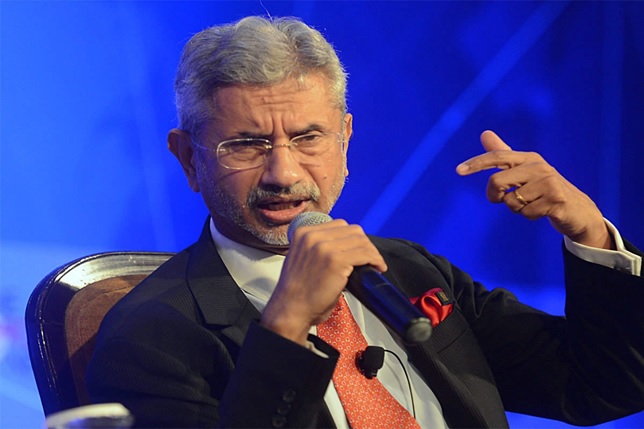 At the inaugural session of the India-Japan Forum, External Affairs Minister (EAM) S Jaishankar noted that while India and Japan share a problem-free history, positive sentiment alone is insufficient for fostering robust cooperation. He stressed the importance of translating goodwill into actionable plans for deeper engagement.
At the inaugural session of the India-Japan Forum, External Affairs Minister (EAM) S Jaishankar noted that while India and Japan share a problem-free history, positive sentiment alone is insufficient for fostering robust cooperation. He stressed the importance of translating goodwill into actionable plans for deeper engagement.
EAM Jaishankar highlighted the rise in Indian tourists, mentioning, “Our passport issuances are increasing by 10 to 15% annually, with around 13 to 15 million passports issued every year, valid for a decade. Foreign travel is on the rise, with Indian tourists flocking to destinations like Singapore, Malaysia, Thailand, the Gulf, and Europe. However, Japan has yet to capture a significant share of this growing interest.”
The minister also reflected on India and Japan’s shared geographic proximity to China. He noted India’s historical relationship with China, which had been stable and economically beneficial, particularly in trade. However, he pointed out persistent issues, such as trade imbalances and limited market access in China.
Discussing the deterioration of India-China relations following the 2020 border clashes, Jaishankar explained, “Our relationship with China relied on maintaining peace and stability in the border regions. When China deployed large forces in 2020, it led to counter-deployments and clashes, resulting in casualties. This profoundly impacted bilateral ties.” He added that negotiations over the past 4.5 years have focused on disengaging forces from the Line of Actual Control (LAC), though significant de-escalation remains to be achieved.
Jaishankar emphasized the need for ongoing dialogue to rebuild ties with China while addressing unresolved challenges. He concluded, “Disengagement is just the first step. De-escalation and restoring the relationship require further discussions with China.”










